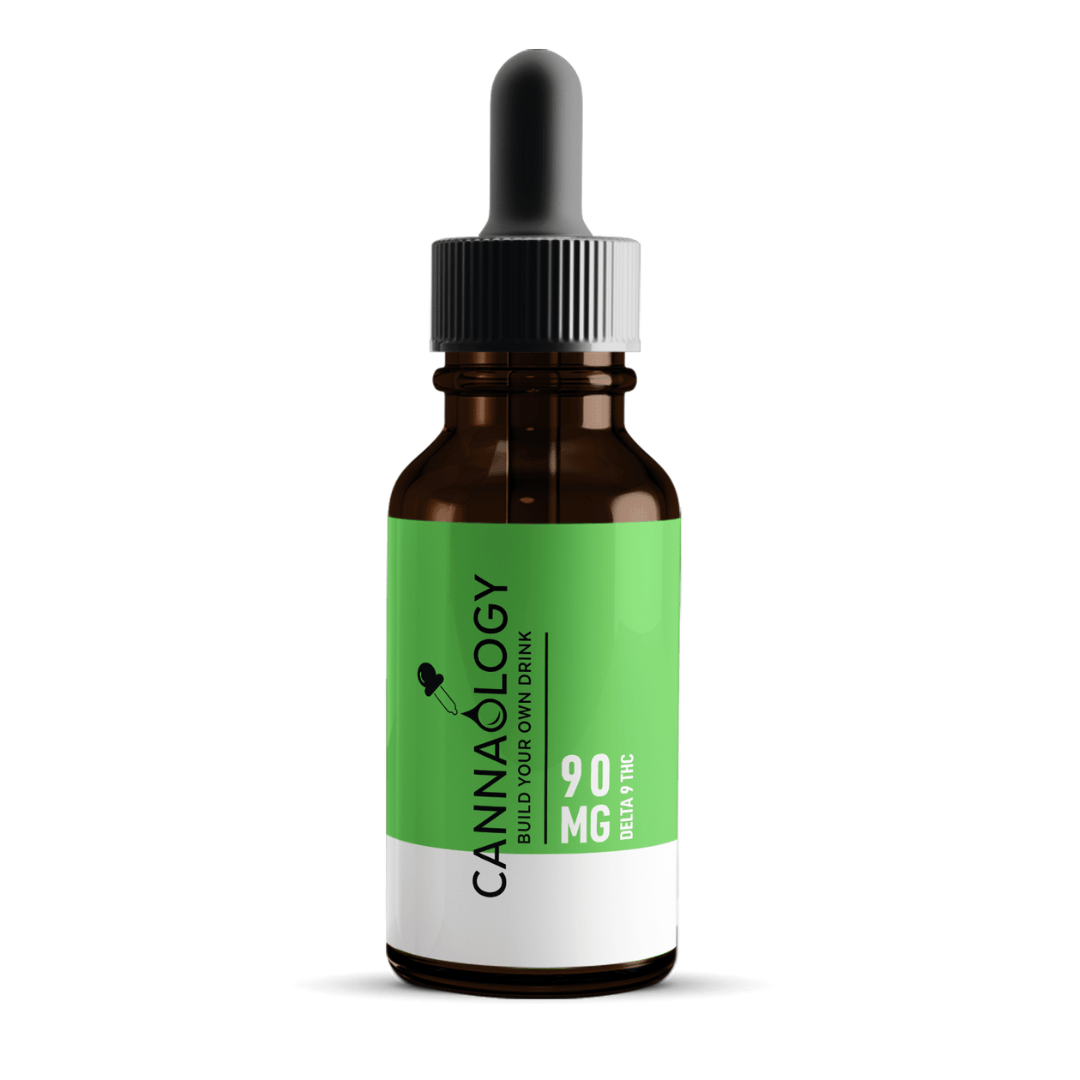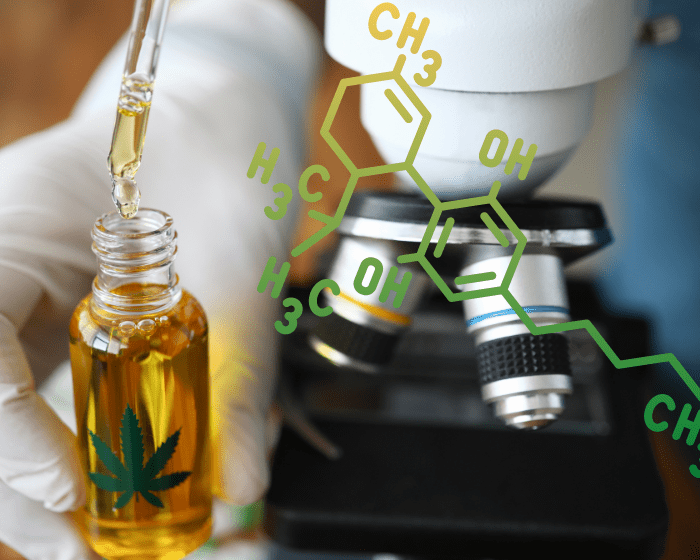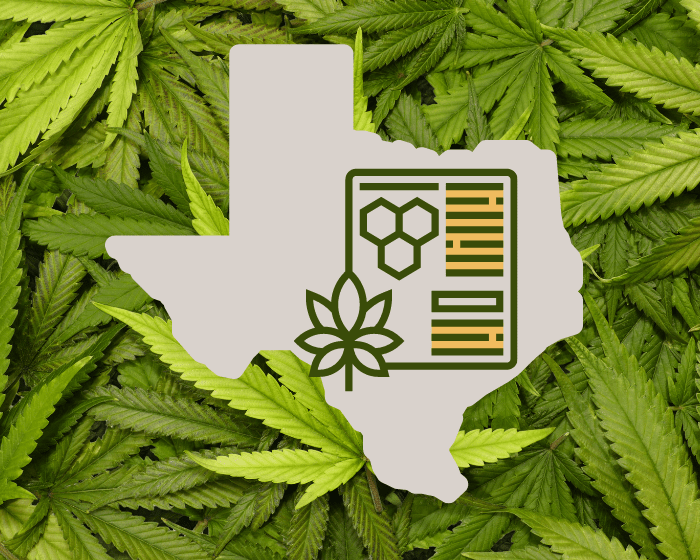
Preliminary findings are in for the largest real-world study of CBD, compiling data from nearly 3,000 participants. A full report of the aggregate findings is expected to be released in early 2022.
Initial results of the Advancing CBD Education and Science (ACES) by the numbers:
• 71% — the average reported improvement in well-being
• 63% of participants reported a clinically meaningful improvement in anxiety
• 61% experienced a clinically meaningful improvement in sleep quality
• 47% felt a clinically meaningful improvement in pain
• 61% reported an effect within one to four hours of taking their product
Who’s Behind the Study?
Results aside, this study is notable for its method: intentionally moving away from a clinical trial setting and gathering real-world data instead.
Funding for the ACES trial came from the 13 brands included in it. The trial was executed by Radicle Science, a company founded on the notion that clinical trials aren’t the best way to establish data for natural products.
Why not?
- Clinical trials are expensive — the cost to bring a traditional pharmaceutical to market is $2.2 billion, according to information from Radicle Science
- Clinical trials often take longer than a year to complete, depending on the length of the study itself
- Funding is extremely limited to study compounds that can’t be patented to ensure a return on investment
- The strict controls of such trials may lead to results that don’t translate to real-world use
These factors, write the founders of Radicle Science, result in “a lack of evidence on natural product safety and efficacy that limits [natural products’] full potential as affordable, accessible treatments for all, while also eroding trust in this massive industry.”
The company was founded by Pelin Thorogood, an analytics industry executive, and Jeff Chen, an MD and former executive director of the UCLA Cannabis Research Initiative.
“Despite the massive and growing market size, there is still scant data on the effectiveness of over-the-counter cannabinoid products due to the cost, speed and scale limitations of the current approach to scientific research,” Chen said in a press release. “Radicle Science re-imagined clinical trials resulting in 10x cheaper, faster, and larger studies that can finally prove or predict which nonprescription health products to use for a desired effect, benefiting consumers, healthcare providers and brands.”
“Despite the massive and growing market size, there is still scant data on the effectiveness of over-the-counter cannabinoid products due to the cost, speed and scale limitations of the current approach to scientific research.”
— Jeff Chen, MD/MBA, cofounder and CEO of Radicle Science
A Closer Look at Methods and Results
The randomized, controlled trial was approved by the Institutional Review Board and registered as a clinical trial through the U.S. National Library of Medicine.
Participants were randomly assigned different CBD products, and a control group took no product. Participants used Radicle Science’s platform to track their consumption and the effectiveness of the CBD products they used. Specifically, they tracked:
- well-being
- quality of life
- pain
- sleep disturbance
- anxiety
As noted at the beginning of this article, data showed significant improvement across all five health markers.
“It’s generally considered that a reported rate of clinically-significant effects greater than 60% represent some of humanity’s most successful medications,” wrote Andy Corbley for World at Large. “For example, acetaminophen, the base ingredient in many off-the-shelf pain killers, confers around a 52% reported effect for headaches, around 20% higher than placebo one trial found.”
“It’s generally considered that a reported rate of clinically-significant effects greater than 60% represent some of humanity’s most successful medications.”
— Andy Corbley for World at Large.
“For three of the four measured affects to have been reported as improved by greater than 60% is a major success,” Corbley continued, “all the more impressive when one considers the nature of Radicle’s method—that they’re not excluding nearly anyone, nor are they policing the dosing habits.”
Also notable: The trial included participants of diverse ethnicities, age groups, geographies, lifestyle habits, and pre-existing health conditions.
“Study groups are really artificial,” Chen told Corbley of World at Large. “They’re selecting an artificial population that doesn’t look like anybody in America. You conduct the study in a very artificial setting; hospitals, doctors, you very strictly dose people, you dose them to a very regimented schedule.
“At the end maybe you see a benefit, but this data doesn’t actually represent how the drug will work in the real world," Chen continued. "In the real world people look very different than those in the clinical trial, doctors’ behavior in prescribing the drug can look very different, and consumers using the drug have a very different relationship to it—they might skip doses, they might double up on doses.”
Chen plans on digging deeper into the results, including an inquiry into why some people felt benefits and others didn't.
“[T]his is just the top line result,” he told World at Large. “The next layer of analyses we want to run is starting to dive into those who didn’t experience a clinically-significant improvement.”







































